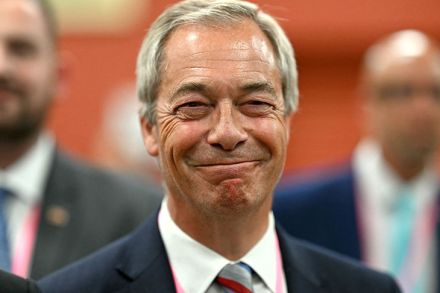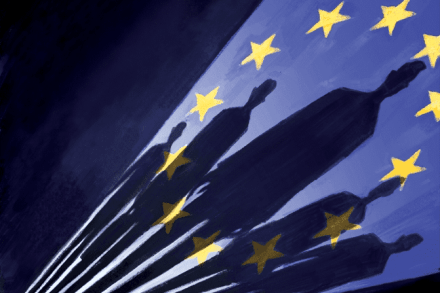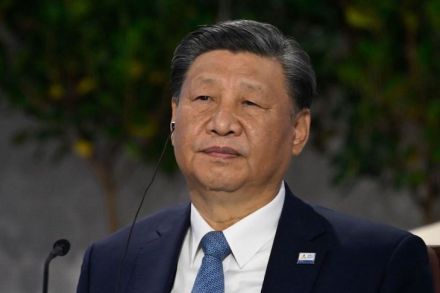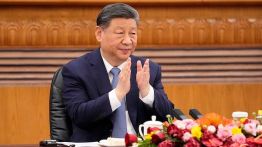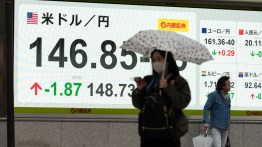Starmer can’t afford a winter fuel U-turn
Keir Starmer has ruled out a U-turn on the government’s decision to cut the winter fuel payment, with the Prime Minister’s spokesman insisting there ‘will not be a change to the government’s policy’. This came after a report in the Guardian suggesting No.10 was considering softening the £1.4 billion cut, possibly by raising the threshold that defines who qualifies as poor enough to receive it. We can’t keep living in a state totally consumed by propping up its welfare system That a U-turn was even floated reflects two pressures: disquiet among Labour’s backbenchers, and the electoral warning shot fired by Reform UK in last Thursday’s local elections and by-election. In Runcorn, where




